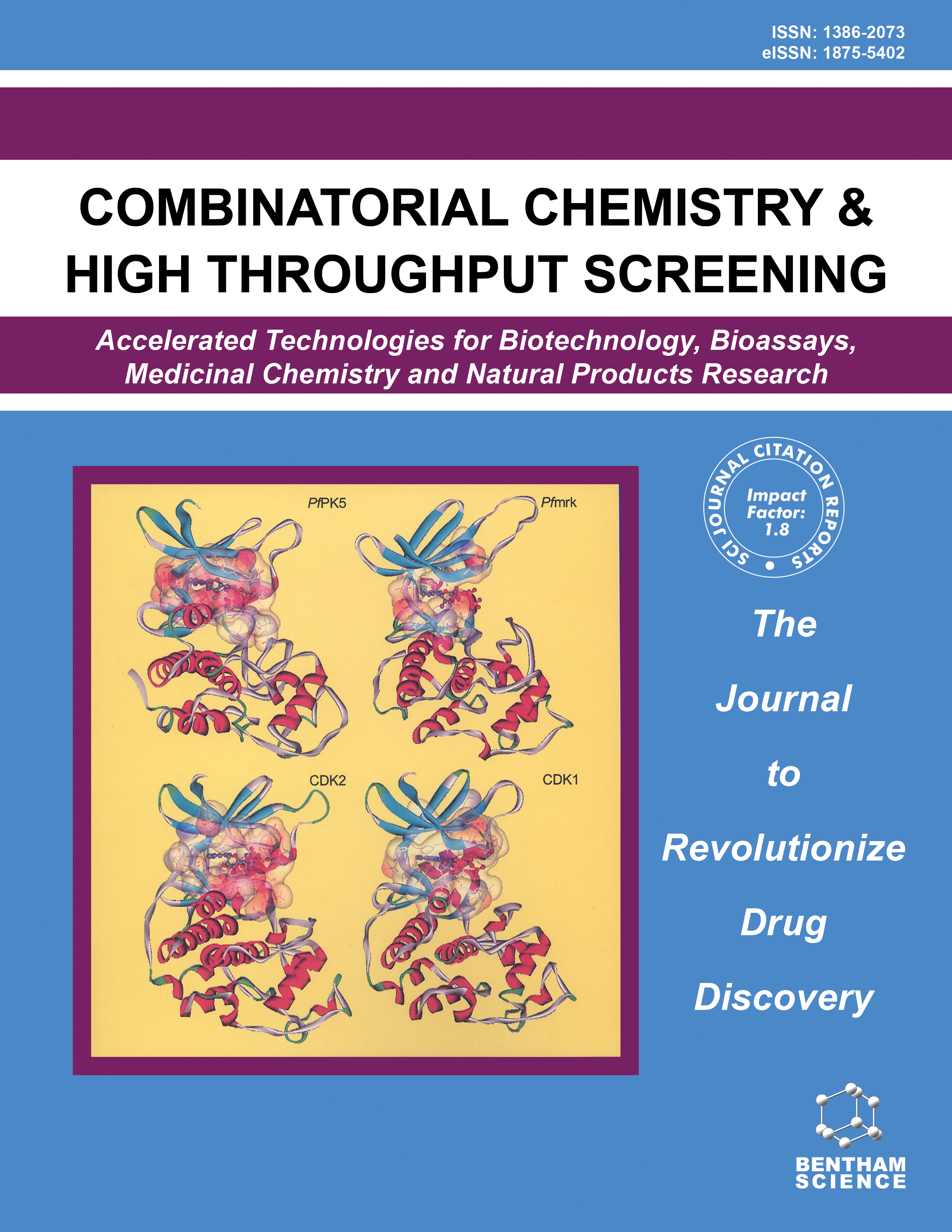-
oa Editorial [Hot topic: Present Applications of Analytical Methods: Prospects for High Throughput Screening of Pharmaceutically Active Compounds (Part 3) (Guest Editor: Sibel A. Ozkan)]
- Source: Combinatorial Chemistry & High Throughput Screening, Volume 13, Issue 8, Sep 2010, p. 665 - 665
-
- 01 Sep 2010
Abstract
Analytical chemistry is one of the oldest scientific disciplines. The development of chemistry itself has progressed significantly by analytical findings over several centuries. In recent times, analytical chemistry has stimulated not only chemistry but many fields of science, technology and society. Conversely, analytical chemistry itself has always been heavily influenced by fields like environmental protection, biology, and medicine. Analytical chemistry in the new millennium will continue to develop greater degrees of sophistication. The use of automation system for routine work will increase and the role of ever more powerful computers and software, such as 'intelligent' expert systems, will be a dominant factor. Pharmaceutical Sciences have contributed to drug development, synthesis, formulations and analysis through extensive studies in drug assays. Analytical chemists and pharmaceutical scientists play important roles in monitoring the drugs in their dosage forms and biological samples. The sensitivity of the analytical assay has a direct impact on the validity of the pharmacokinetic model which is built up from plasma concentration data. The precision and accuracy of the assay is also important, and it is not always straightforwardly estimated. Analytical methods widely utilize the knowledge of all the other disciplines such as biology, pharmaceutical chemistry, pharmaceutical technology, biotechnology and many other fields. A new significant parameter is the speed of analysis, and the resulting massive production of analytical data. From the viewpoints mentioned above, the title of this special issue, “Applications of Analytical Methods: Prospects for High Throughput Screening of Pharmaceutically Active Compounds”, was chosen so as to ask analytical chemists and pharmaceutical scientists to appreciate their great roles in pharmaceutical science. The third part of this special issue feature 4 Reviews and 6 Original Papers. Recent developments of separation techniques such as liquid chromatography, high throughput screening methodologies and spectrophotometric methods and their biological and pharmaceutical applications are presented. The third issue represents all important sensors, analytical, electroanalytical and separation methods. In the last issue, chromatographic, electroanalytical, sensor, atomic, spectroscopic and colorimetric techniques and their applications were reported. The purpose of this special issue will be to serve as a guide to what analytical methods bring to analytical and medicinal chemistry and other pharmaceutical sciences as well as briefly review their role in drugs and the new developments and validation of assay methods of pharmaceutically active compounds. This special issue is multidisciplinary. Also recent developments of application, evaluation and validation of analytical methods are focused by key topics in drug developments and analysis by assessment of the distinguished authors of this special issue. New drugs coming from biotechnology, and their dosage forms, like targeted drugs, may produce new analytical problems in the future. The various analytical methods that permit the determination of drugs in their dosage forms, raw material, biological media etc, and also their metabolites to be separated, identified and quantitatively assayed are briefly reviewed. The current significance of separation, electrochemical, spectrophotometric and other methods is highlighted, as well as the limits of trace assays. In addition to other analytical methods, the use of electrochemical methods to gain key information about drug molecules and their mechanism of action is getting one of the important ways in drug discovery. Applications of electrochemical techniques to redox-active drug development and mechanistic studies are one of the recent interests in drug discovery. Thus, I expect this special issue will assist readers to find out new information and to encourage them to contribute more to recent development on drug development and its analysis using different methods. I would like to thank to all of the authors for their excellent contributions, and the Editor-in-Chief of Combinatorial Chemistry & High Throughput Screening for his kind invitation to act as guest editor for this special issue.


